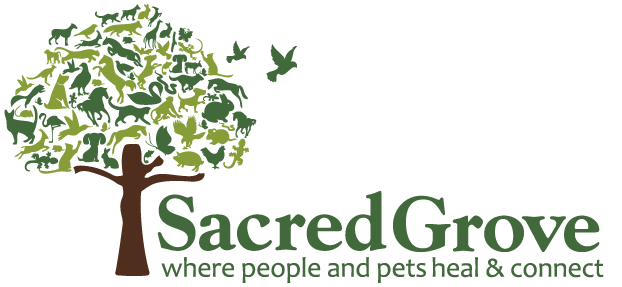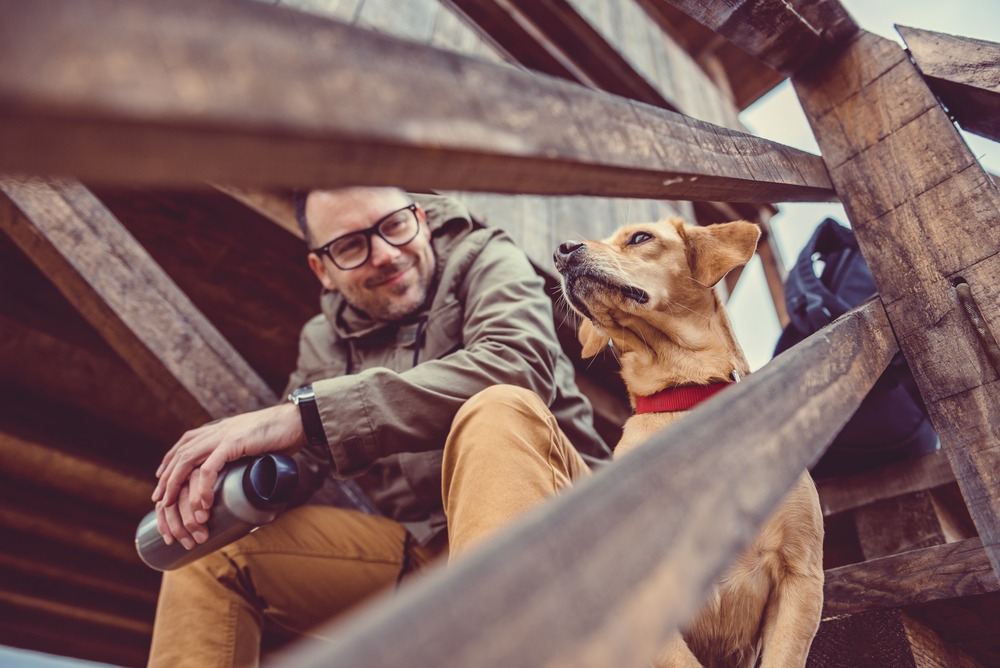How do we change our rescue animals’ behavior? Words have weight. They hold emotions and beliefs. And those words affect our animals. For instance, a rescue animal is completely different than an adopted animal —even if it’s the same animal!
Let’s experiment
Don’t believe me? Try this simple experiment. First say, “We rescued [insert animal’s name]” and feel the weight and gravity of the sentence. For instance, when I hear “rescue animal,” I think and feel:
- Must have been an awful situation!
- How much pain did they experience?
- There probably was fear.
- I bet they were physically unsafe.
- They must have emotional and behavioral issues.
- I judge those mean/neglectful human beings.
- The rescuer must be such a wonderful human being!
- I feel pity for the animal.
- Sadness overwhelms me.
What came up for you when you said or thought, “rescue animal?”
Now say, “We adopted [animal’s name].” How does it feel to you? When I hear “adopted animal,” I think and feel:
- Lightness
- Joy
- Hope
- Gratitude that the animal now has a home
- Excitement about who I might be meeting
- Open to new possibilities
Can you see and feel the huge difference in these words?
Choose different words
Thank God for all the people who rescue animals from dire situations!
But don’t keep those animals in our human-created cage of “rescue.” I mean, if you always and evermore hold the vibration of “poor baby,” over your pet, how will they ever grow out of that phase?
Call them adopted animals
For instance, please don’t continue to share their rescue story, so everyone greets them with pity and sadness. How would your adult son feel if every time you introduced him, you said, “Karen, this is my son, Tim. It’s so sad, he used to wet the bed until he was eight years old! But we found a good medication to help with that, he got counseling, and now he’s okay.”
Best believe your son will have a pointed talk with you about how to introduce him next time. Unluckily, our animals just think, “Oh, that must be who I am.”
Instead, tell your animal that their terrible experience was the bad old past. Maybe they were hurt and scared. They might still wonder if humans can be trusted.
But it’s over. And yes, I mean, talk to them. Tell them you’re a great person to live with, there’s tons of love, food, fun interactions. So now they have a chance to be the animal they always wanted to be!
Be sure to look for the sparks of the lovely personality behind the old behaviors. Flame those sparks with love and attention.
A dog shows me who he wants to be
At the Natural Living Expo, I gave a reading for a woman about her dog, “Bob.” I saw Bob as happy, joyous, and full of love. When I shared what I saw, she told me I must have gotten Bob wrong. Although Bob was loving toward her, he was very aggressive with others, even her son! She offered to show me a video to prove her point.
I checked in with Bob again. He confirmed that what he showed me was who he WANTS to be. This lovely woman considered my input. Then she said, “Oh! Bob wants me to be positive and see him as a loving boy to everyone. That’s so much better than focusing on his bad behavior!” They’ve created a new vibration
Adopt the “Attitude of Adoption”
If your pet has serious behavior issues, I hope you engage a trainer or behaviorist. AND shift your thoughts to the lovely vibration of an adopted animal, not rescue animal. No more, “Poor baby.” No more sad stories to elicit pity from others and show what a wonderful person you are!
I would love to hear how you’re implementing this idea with your animal!
Maribeth, I want to tell my animal they can let go of the past!


I hadn’t thought of this before. I don’t think I often use “rescue” but I do tell their back stories, which aren’t necessary. Thanks for pointing this out!
Appreciate the comment, Judy! It’s a habit I had gotten into and I’m working to break it, too.
You have raised a very interesting and thoughtful point about rescue vs. adopt.
Also, an ‘Aha moment” – to focus on your pet as you want him to be, not about his negative behavior. Brilliant!
Thanks, Debbie! It’s a real gamechanger!
Great point. I like to use “rescue” with the humans as a way to recognize that they consciously made a choice to make the world a better place, but I need to be conscious of using it in front of the animal!
Thanks, Regan, for that insight!